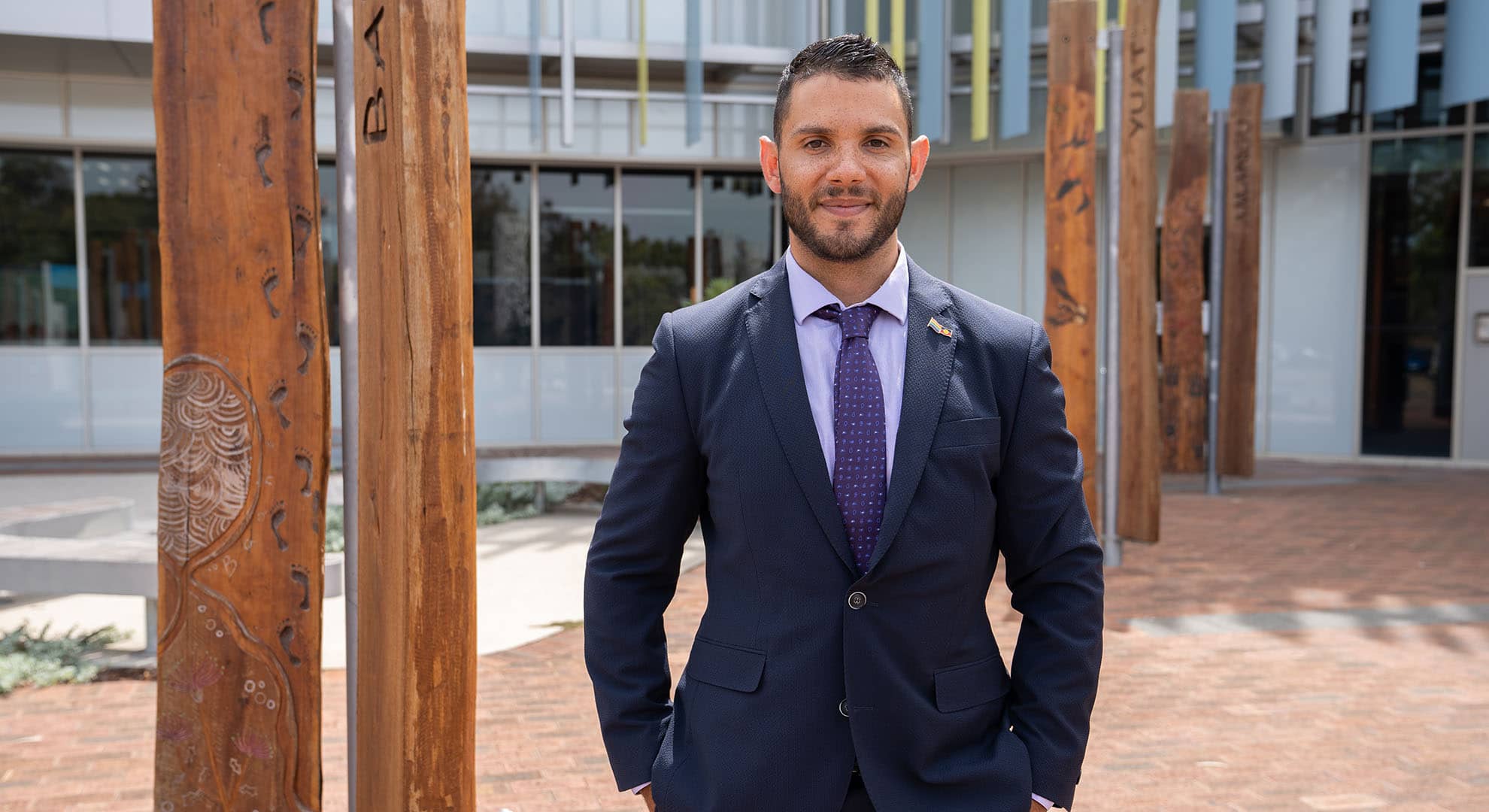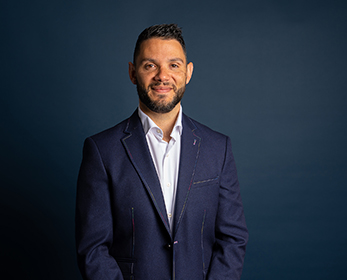Funding for the first ever Elder-led intervention to support young Aboriginal LGBTQA+ people brings new hope for the youth group most at risk of suicide in the nation.
Edith Cowan University's (ECU) Deputy Vice-Chancellor (Students, Equity and Indigenous) Professor Braden Hill and colleagues from ECU, Murdoch University and the Telethon Kids Institute have been awarded an NHMRC/Medical Research Future Fund grant entitled, Pride Yarns: Development and trial of an inter-generational intervention for supporting Aboriginal and Torres Strait Islander LGBTQA+ young peoples' wellbeing.
The $624,000 of funding over two years will enable researchers to develop and test the feasibility and efficacy of an Elder-led intervention for improving the social emotional wellbeing (SEWB) of Aboriginal and Torres Strait Islander LGBTQA+ people aged 14-25.
It's based on positive findings from the Pride Yarns with Mob (PYWM) pilot project – which provided opportunities for Aboriginal LGBTQA+ young people to connect meaningfully with Elders.
The pilot resulted in young people expressing an increased level of cultural connection and feelings of acceptance and social inclusion of the LGBTQA+ identity within Noongar culture.
Urgent need for support
Ten per cent of Aboriginal young people aged 16-29 years report being lesbian, gay or bisexual and four per cent as trans and gender diverse.
Professor Hill said despite a comparatively high rate of suicide and mental health difficulties among Aboriginal LGBTQA+ youth, they remain one of the most under-served groups of youth in Australia in terms of tailored psychological support.
"The urgency for interventions such as this cannot be underestimated," he said.
"Recent survey data shows that 45 per cent of Aboriginal LGBTQA+ participants had attempted suicide in their lifetime, and 19 per cent in the past 12 months."
"This suggests there is a real risk that Aboriginal LGBTQA+ youth may not make it past young adulthood."
Dual identities
Professor Hill said despite experiencing strong pride in their identities, Aboriginal LGBTQA+ young people reported low levels of mental wellbeing across multiple indicators, including low feelings of belonging to Country and culture, low connection to spirit and ancestors, family, and kinship, low inner peace, and poor physical health.
"These low levels place Aboriginal LGBTQA+ young people at risk of disconnection from the cultural factors that are known to contribute to good mental and physical health in Aboriginal peoples," he said.
"Recent research suggests that acceptance of LGBTQA+ identity by community Elders is positively linked to Aboriginal LGBTQA+ young peoples' mental wellbeing.
"The data strongly supports calls from Aboriginal LGBTQA+ advocates for community-driven, culturally appropriate interventions that consider the unique support needs of Aboriginal LGBTQA+ peoples."
Professor Hill said an intervention providing opportunities for discussions between Aboriginal LGBTQA+ youth and supportive Elders and community members about how LGBTQA+ identities can be merged and celebrated within Aboriginal culture, will arguably lead to higher feelings of inclusion and higher social emotional wellbeing among youth participants.
"This innovative project will also have an impact for Aboriginal communities across Australia by demonstrating the feasibility of an intervention that is community-driven, co-designed and that acknowledges the role of Elders in supporting young peoples' wellbeing," he concluded.

 Professor Braden Hill and colleagues from ECU, Murdoch University and Telethon Kids Institute have been awarded an NHMRC/Medical Research Future Fund grant.
Professor Braden Hill and colleagues from ECU, Murdoch University and Telethon Kids Institute have been awarded an NHMRC/Medical Research Future Fund grant.



